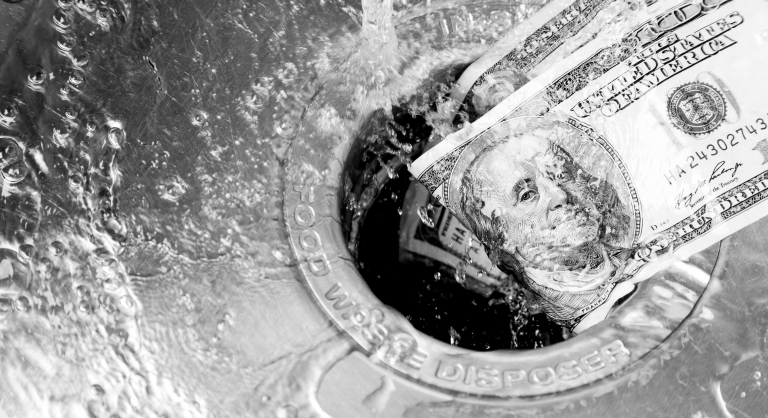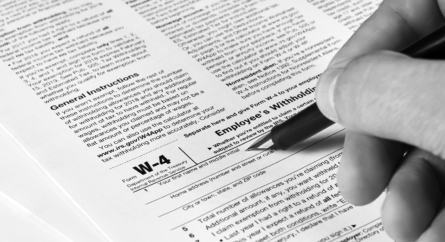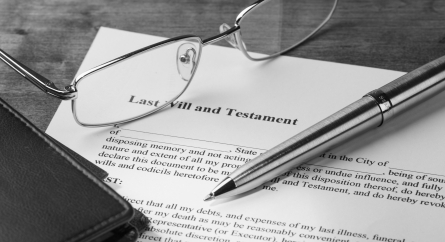Prince’s Controversy: A Cautionary Tale of Improper Estate Planning
The controversy surrounding the wealth left behind by Prince after his sudden death in 2016 is heating up again after the IRS determined that Prince’s estate is worth approximately $163 million, or twice what his estate representatives reported on the estate tax return, $82 million. The difference resulted in approximately an additional $39 million with penalties and interest.
This discrepancy in value is hardly the most egregious for a celebrity estate. After Michael Jackson passed away in 2009, his estate representatives reported the value of his likeness to be worth a mere $2,105. At the time, Michael Jackson had just paid $20 million to settle child molestation claims, was recently divorced, and his criminal trial involving a variety of child molestation charges was still pretty fresh in most people’s minds. He was also reportedly insolvent with assets estimated to be worth $236 million and debts approaching $500 million. With the benefit of hindsight, the IRS disagreed and valued his likeness at $435,264,000. Michael Jackson’s estate challenged the IRS’s valuation and the case is still pending in the Tax Court nearly twelve years after his passing.
Valuing the assets of an estate is much more of an art than it is a science. The value of an asset is defined as the price that a willing buyer would pay to a willing seller, both of whom are reasonably knowledgeable about the asset and are free of any undue pressure. This definition of value seems like a fairly easy concept to apply, and it is as if someone is trying to find the value of a share of a publicly traded company. After all, if we want to know the value of a share of Apple, all we need to do is look at a stock ticker. However, applying this concept to a privately-owned company is far more difficult let alone applying this definition to someone’s likeness or unpublished works posthumously.
What happens next is a battle of the experts that will be refereed by the United States Tax Court. There will undoubtedly be years of written discovery and depositions focused on scrutinizing the assumptions underlying the valuation reports as well as the individuals who contributed to the reports. If IRS counsel and Prince estate lawyers are unable to settle the dispute, it will ultimately be up to the Tax Court to decide which party’s position to adopt or whether it has its own opinion based on the evidence provided.
A well thought out estate plan can not only minimize the time assets are tied up in probate proceedings, a good plan also helps to minimize the tax liability of an estate or at least provide some level of predictability. For example, had Prince transferred ownership of his works and right to use his likeness to a limited liability company, or some other entity, he could have effectively controlled how those assets were used during his life while perhaps lessening the tax burden at his death. Unfortunately, a substantial portion of his estate will be spent litigating with the IRS. I doubt that is what he would have wanted.
Categorized: Celebrity / Current Events, Estates
Tagged In: estate planning, IRS, Michael Jackson, Prince, Prince Estate, tax court












